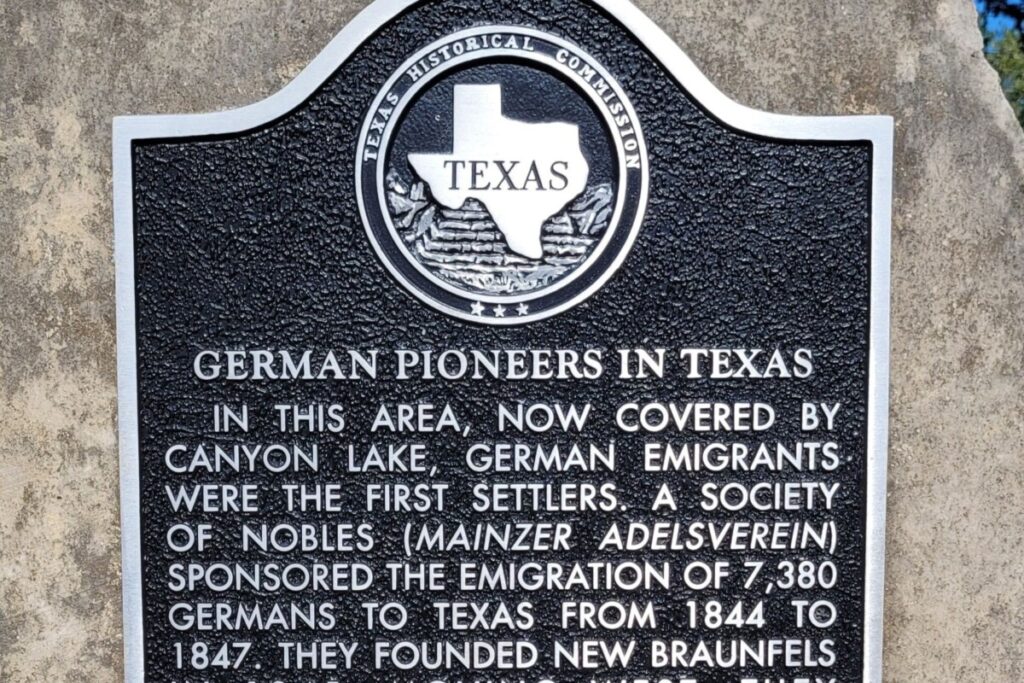
Dr. Brian Vick, Professor of History, was recently quoted in article about a socialist utopian project pursued by German immigrants in nineteenth-century Texas. Published in The Texas Observer, the article chronicles the rise and quick demise of the endeavor through the story of the original settlers in the 1840s as well as their descendants in the present. Vick, a specialist in Modern Germany and Central Europe in the long nineteenth century, describes how revolutionary ideas popular at German universities in this decade would have influenced the German-speaking settlers in Texas. Vick’s latest major publication is Securing Europe after Napoleon: 1815 and the New European Security Culture (Cambridge University Press, 2019), which he co-edited with Beatrice de Graaf (Universiteit Utrecht, The Netherlands) and Ido de Haan (Universiteit Utrecht, The Netherlands). Read an excerpt from The Texas Observer piece below along with the full article here: “The Hill Country’s Lost Utopia.”
“Instead of spending time drinking, playing football, and hazing, like today’s fraternity brothers, the Fortyers spent time drinking, saber-dueling, and discussing politics and philosophy. According to Brian Vick, professor of 19th-century German history at Emory University, those universities were a hotbed of revolutionary ideas at a time when the educated professional class was calling for an end to absolutist monarchies, prompting the “springtime of revolutions” across central Europe in 1848. This movement included liberal constitutional monarchists, radical republicans, and socialists. The Fortyers were the furthest left, demanding German unification and sovereignty from the Prussian and Hapsburg empires, along with a constitution and social and economic equality.“